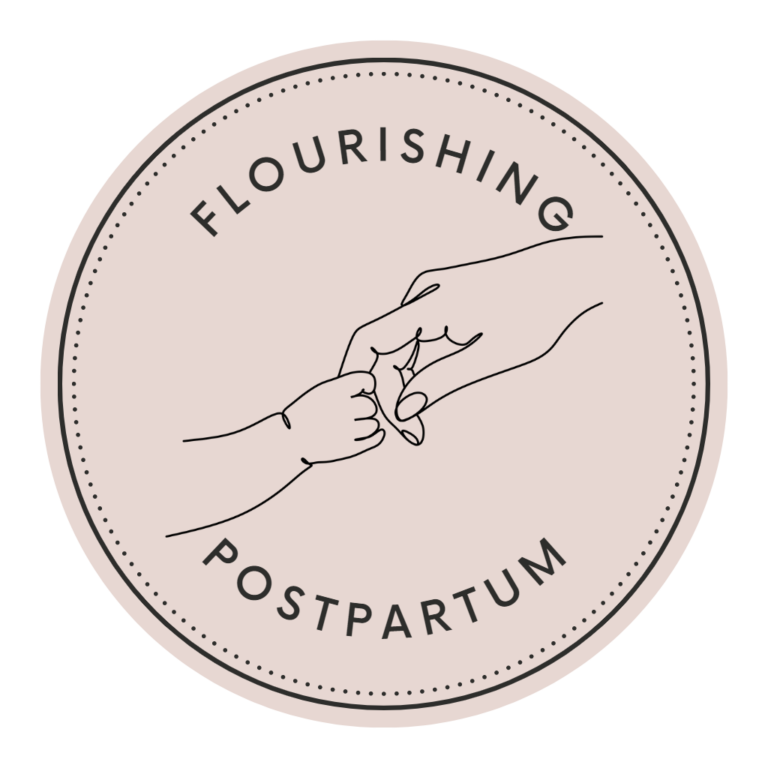
How to Increase a Low Milk Supply

Breastfeeding is a beautiful and natural way to nourish your baby, but some mamas may face the challenge of a low milk supply. It’s important to remember that you are not alone, and there are various ways to support and nurture your body to optimize milk production. Let’s explore strategies to help increase milk supply and provide the best possible nourishment for your little one.
7 Tips for Low Milk Supply
1. Establish a Strong Foundation:
A healthy diet is crucial for breastfeeding mamas. Focus on consuming a well-balanced and nutrient-dense diet that includes plenty of fruits, vegetables, whole grains, lean proteins, and healthy fats. Stay hydrated by drinking water and other non-caffeinated beverages throughout the day.
2. Nurse Frequently and Effectively:
Breastfeeding is based on the principle of supply and demand. The more your baby nurses, the more milk your body will produce. Aim to nurse on-demand, allowing your baby to nurse whenever they show signs of hunger. Ensure a good latch and proper breastfeeding technique, as a well-drained breast signals your body to produce more milk.
3. Practice Skin-to-Skin Contact:
Skin-to-skin contact with your baby has numerous benefits, including promoting milk production. Spend quality time with your baby skin-to-skin, placing them directly on your chest with minimal clothing between you. This physical closeness stimulates hormonal responses that can enhance milk supply.
4. Pump Regularly:
In addition to breastfeeding, pumping can help stimulate milk production and build a milk supply. Consider pumping after nursing sessions or in-between feedings to encourage your body to produce more milk. Use a high-quality breast pump and experiment with pumping techniques that work best for you.
5. Seek Support and Consult a Lactation Consultant:
Reach out for support from a lactation consultant who can provide expert guidance tailored to your specific situation. They can evaluate your breastfeeding technique, offer tips for increasing milk supply, and address any concerns you may have. Support groups or online communities of breastfeeding mamas can also provide valuable encouragement and advice.
6. Explore Herbal Remedies:
Certain herbs have been traditionally used to support milk production. Fenugreek, blessed thistle, and milk thistle are commonly recommended. However, it’s important to consult with a healthcare professional before incorporating herbal remedies, as they can have potential side effects and interact with medications.
7. Manage Stress:
Stress can have a negative impact on milk supply. Find ways to manage stress levels, such as practicing relaxation techniques, mindfulness, gentle exercise, and engaging in activities that bring you joy and peace. Taking care of your emotional well-being can positively influence milk production.
Mama You Are Not Alone in your Low Milk Supply
Remember, each breastfeeding journey is unique, and it’s important to be patient and kind to yourself. Focus on the bond and love you share with your baby, and trust in your body’s ability to provide nourishment. If you have concerns about your milk supply, consult with a lactation consultant or healthcare professional who can offer personalized guidance and support.
If you are facing the challenge of low milk supply, know that there are strategies to support your body and enhance milk production. Establish a healthy foundation, nurse frequently, supplement with formula, practice skin-to-skin contact, pump regularly, seek professional support, explore herbal remedies cautiously and manage stress. Remember, breastfeeding is a beautiful journey, and with patience, support, and self-care, you can nurture your body and provide the best possible nourishment for your little one.







